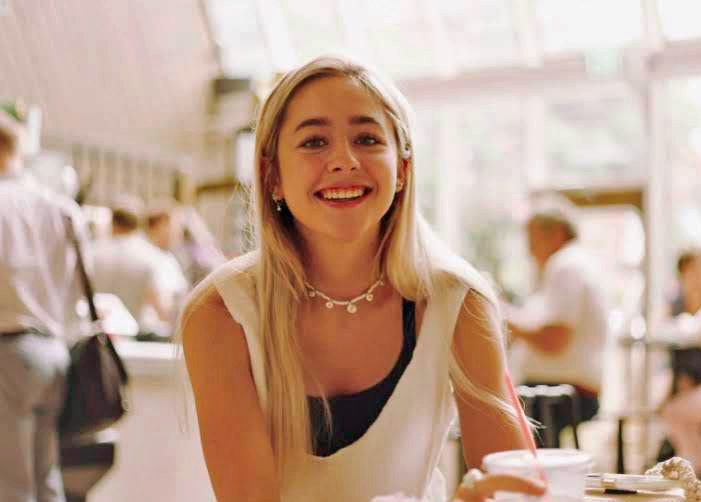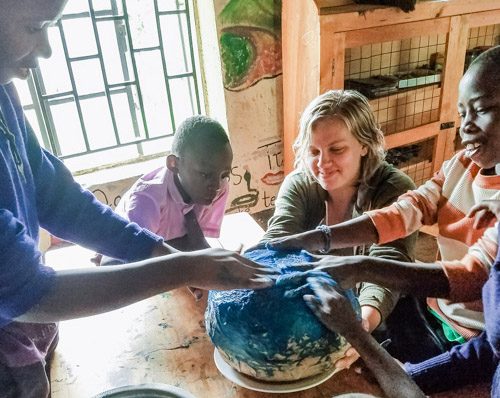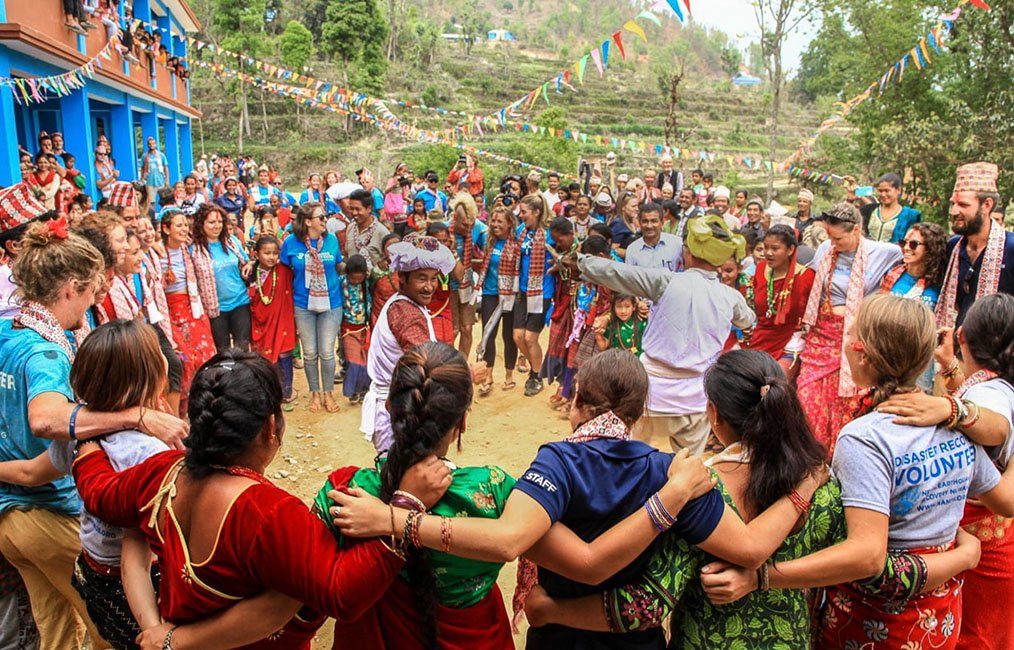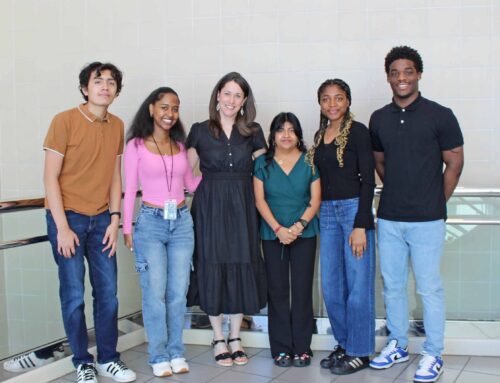Long before COVID-19 truncated her senior year at Lake Highlands High School and dashed her plans for senior prom and graduation, Mackenzie Campbell knew she had no interest in rushing off to college. Born with a case of wanderlust, Mackenzie watched her older brother, Hayden, enjoying his days at the University of Arkansas and saw her friends thriving at schools all over the country. In her case, she decided, college could wait.
Mackenzie enrolled in a “gap year” program through Carpe Diem Education, opting to study and volunteer in Thailand, Cambodia and Vietnam. Other Carpe Diem students commit to serve at placements all over the globe – interning at an outdoor leadership school on the South Island of New Zealand, preventing HIV in South Africa and empowering youth and women in Guatamala.
“I’ve always had a strong desire to travel and have the opportunity to be immersed in other cultures, and I realized this would be the perfect time to do that because I wasn’t being tied down by anything,” Mackenzie told me by email. “I needed to take some time to learn more about myself and learn more about other people before I moved onto my next stage in life.”
Carpe Diem’s gap year promises language acquisition, cultural engagement and development of travel skills, maturity and independence.
“During the first semester, we’ll be traveling through a new city in Thailand about every 2 weeks,” explained Mackenzie. “Because it is so diverse, each city will have different volunteer and study focuses. Some of these include learning about issues with immigration to Thailand and the social injustice that surrounds it, taking a deeper dive into the Thai language and culture, learning the basics of organic farming and engaging in marine conservation projects. I’ll then come home in December and leave again in late January for the focused volunteer placement semester. During this time, I will be working with one volunteer group while living in a country by myself. That placement will be based on sparked interest from volunteer work during the first semester, so I won’t know where I’ll be spending time until later this year.”
Choosing a gap year while her friends were visiting colleges, applying for scholarships and discussing sorority recruitment made her odd-man-out at times, but Mackenzie didn’t mind.
“Going against the grain has never really bothered or worried me,” she said. “In elementary school [at Wallace], one of my favorite outfits was mismatched socks with knee high neon zip up sneakers, neon leggings under my khakis and a bandana, so it’s easy to say no one was surprised when they found out I wasn’t going to be taking the normal route. My two best friends have chosen to take a gap year also, so I am even less worried. Sydney Eskridge was part of the gap year program The World Race last year, and Catherine Ricker will participate this coming year.”
After the pandemic hit, universities called off in-person classes and finished the spring semester online. Most schools haven’t announced whether students will meet on campus for lectures or complete their coursework online, leaving students and parents wondering if they’ll be getting their money’s worth for the “full college experience.” College tuition for prestigious universities and out-of-state schools doesn’t make sense, they say, for freshman coursework they could complete online at less expensive in-state schools or community colleges. Mackenzie says some of her friends are suddenly interested in her gap year choice.
“I’ve talked with a couple of my friends about this, and they’re very eager to go to college,” said Mackenzie, “but if schools get switched to online, they’ve talked about deferring a year and travelling.”
Ethan Knight, executive director of the Oregon-based Gap Year Association, estimates that 40,000 American students take a gap year annually and 90% of those return to college within a year. A long list of nonprofit and for-profit organizations offer gap year experiences, including Habitat for Humanity, Americorps, American University, City Year, Go Overseas and Service Year. The programs say they’ve seen a surge in inquiries since universities closed their doors in March.
Mackenzie doesn’t depart until October, so until then she’s spending her time with parents Paul and Kelly, dog Henry and pet rabbit Peanut. She’s also preparing for her journey and the life-changing experiences to come.
“It’s a rare time in your life when you have the opportunity to travel or spend an extended amount of time in other countries without having to worry about school, work or extracurriculars. Living here in the suburbs of Dallas tends to desensitize us from the problems that much of the world has to face, so by spending time in other countries, I’m hoping to become a more aware citizen.”








